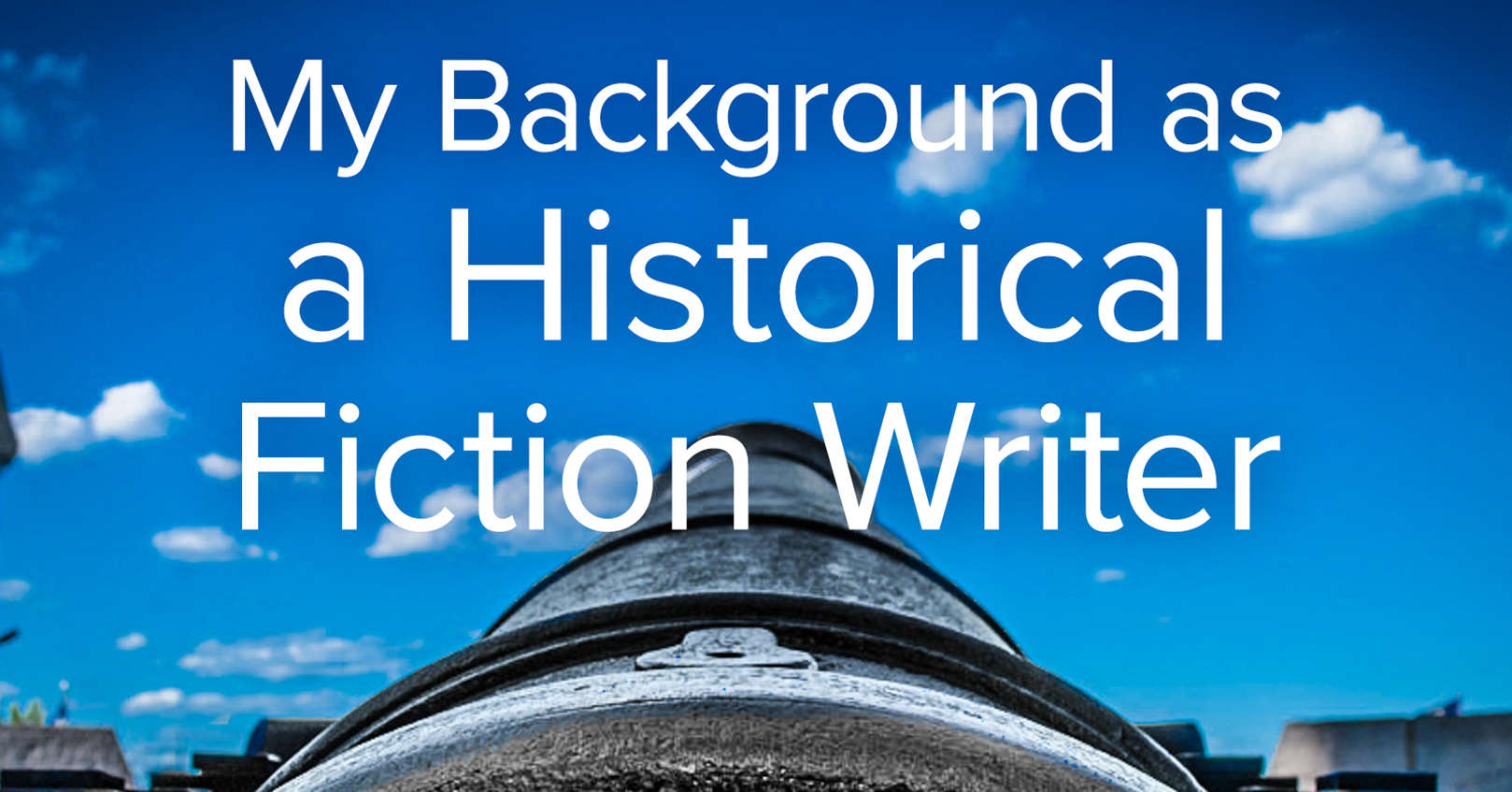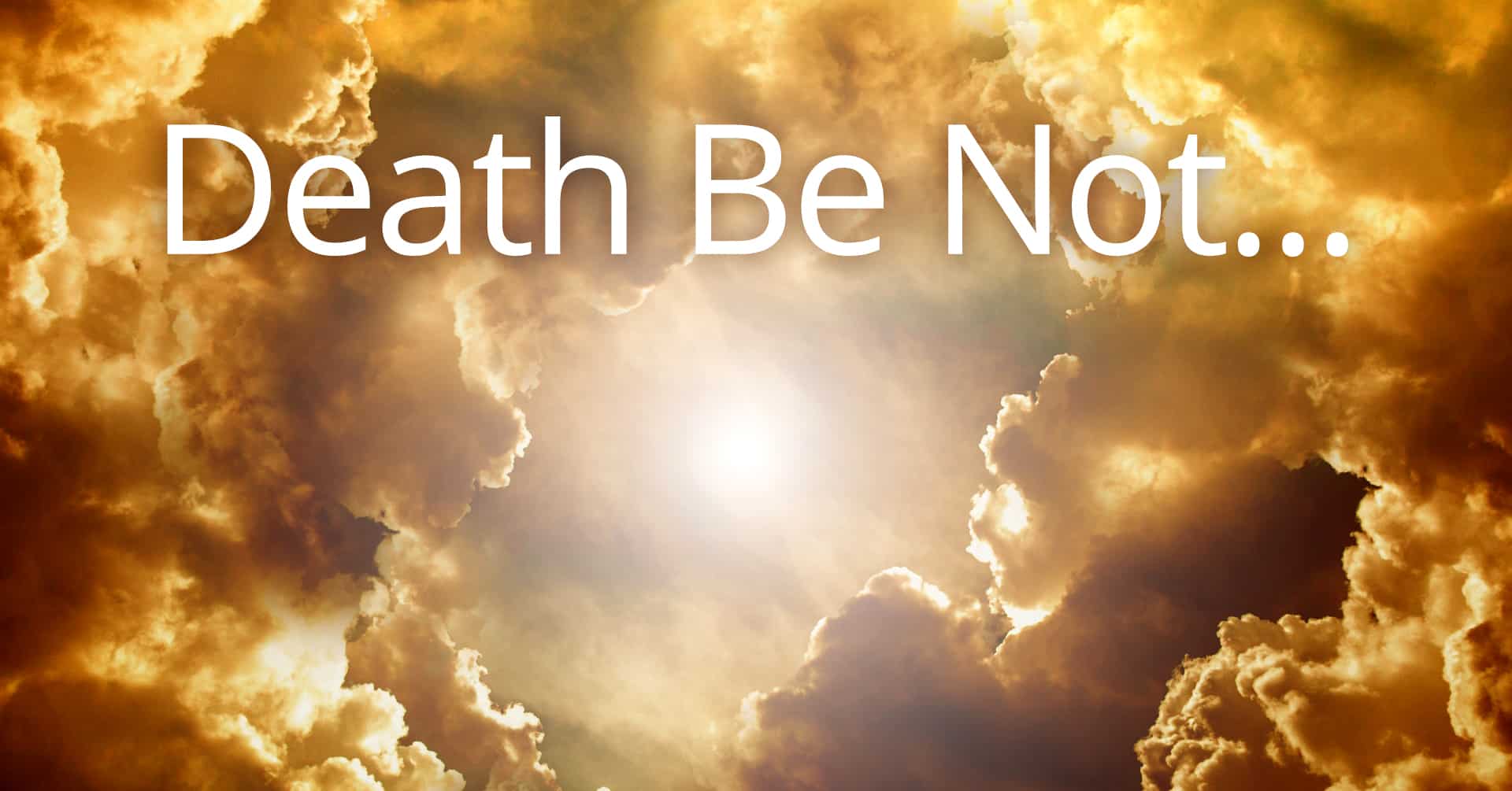
Greetings, dear readers. I’m Dr. Moussa Leblouba, a professor of Civil and Structural Engineering at the University of Sharjah, UAE. My professional journey has been one filled with research and academic pursuits, with contributions ranging from the lecture halls of Curtin University, Malaysia Campus, to the vast desert landscapes of the UAE. Yet, today, I want to focus not on the accolades, but on the personal transformation that led me to write more freely and productively.
Throughout my academic career, I have grappled with the invisible shackles of perfectionism. My drive for flawless output, often at the expense of productivity and originality, kept me in a cycle of constant self-editing and second-guessing. However, this incessant pursuit of perfectionism took a different turn when I came across Peter Elbow’s book, Writing without Teachers.
Elbow’s freewriting technique, which encourages writing without judgment or fear, inspired a radical change in my approach. Instead of striving for perfect first drafts, I began to embrace the beauty of raw and uncensored expression, the kind that freewriting allows. I replaced my meticulous Latex documents and polished diagrams with simple MS Word drafts, filled with original thoughts and rough sketches. This process of writing without self-censorship ushered in a new level of creativity and authenticity into my work.
Emboldened by this freewriting approach, I prepared an Excel sheet with potential research topics and embarked on a journey of prolific writing. In just one year, I prepared 24 manuscripts and submitted them to various academic journals. While not all my submissions saw the light of day, I learned to view the ‘rejections’ not as personal failures but as avenues for improvement. My perseverance paid off, resulting in 19 published research articles in leading scientific publishers, including Nature, Elsevier, and Springer.
Through this transformative journey, I learned invaluable lessons, which I believe are crucial for breaking free from the chains of perfectionism:
- Drop Perfectionism: Embrace the imperfections in your writing. Perfection is a myth that hinders productivity and stifles creativity.
- Write Continuously: Cultivate a habit of writing consistently. The more you write, the better you become.
- Forget the Audience: Write as if no one else will read your drafts. This freedom allows for genuine, creative expression.
- Use Simple Tools: Avoid complicated academic tools. Use straightforward software that lets you focus on your ideas, not the medium.
- Learn from Others: Read widely and pay attention to the styles of successful people in your field. Imitate their writing until you develop your own voice.
My transition from a perfectionist to a productive writer did not only result in a spike in my publication count but also paved the way for a personal milestone—the publication of my own book. Writing under the pen name Prof. M. L. Hillaly, I published Life in Balance. This book encapsulates my journey towards productivity and achieving work-life balance.
In conclusion, I want to leave you with a couple of thoughts from my book, Life in Balance. First, “Productivity is the foundation of success, and without it, we’d all be lost in a sea of unfinished tasks.” Second, “It’s the reward of the efforts we put into our life that gives us the output of happiness.” This transformation in my perspective underscores my journey from grappling with perfectionism to embracing productivity.
I hope my experience serves as a beacon for those still wrestling with the perfectionism-productivity paradox, nudging them towards a space where they can find their productivity nestled between the pursuit of perfection and the satisfaction of genuine expression. Remember, your first drafts don’t have to be perfect, they just need to be written. It’s through this process that we truly grow, as writers and as individuals.
















Comments